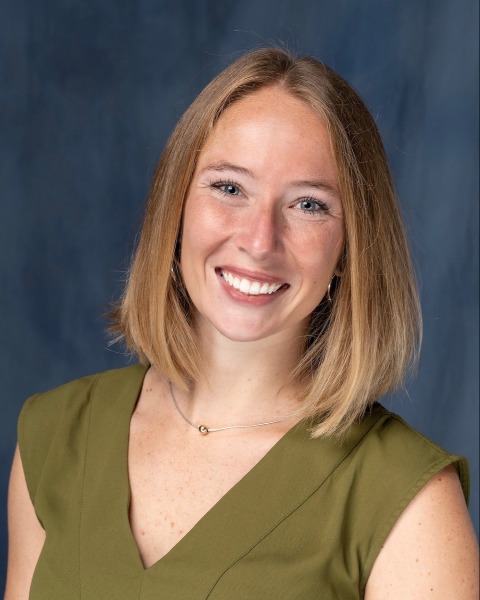A Pediatric Preemergency Service for Resource-Limited Settings: A Prepilot Study in Haiti
-

-
MK
Molly Klarman, MPH
Research Coordinator
University of Florida, United StatesDisclosure information not submitted.
-
YC
Youseline Cajusma, RN
Head Nurse
MotoMeds (UF/Chrsitianville), United StatesDisclosure information not submitted.
-
LE
Lerby Exantus, MD
Ultrasound Master Trainer
The NYAGI-Caris Ultrasound Project, United StatesDisclosure information not submitted.
-
VB
Valery Madsen Beau De Rochars, MPH, MD
Assistant Professor of Health Services Research Management and Policy
University of Florida, United StatesDisclosure information not submitted.
-
CB
Chantale Baril, MD
Neonatologist
State University of Haiti, United StatesDisclosure information not submitted.
-
TB
Torben Becker, MD, PhD
Chief, Division of Critical Care Medicine
Shands Hospital - University of Florida
Gainesville, FloridaDisclosure information not submitted.
First Author(s)
Co-Author(s)
Title: A Pediatric Pre-Emergency Service for Resource-Limited Settings: A Pre-Pilot Study in Haiti
Introduction: Acute respiratory infection and diarrheal disease are the two leading causes of pediatric mortality between 1 month and 5 years of age globally. Low-cost treatment for these infectious diseases and other common childhood illnesses are well established. However, treatment is most effective when administered early, which is a challenge in resource-limited settings. MotoMeds, a pediatric telemedicine and medication delivery service, was launched in Gressier, Haiti as a pre-pilot feasibility study to address this challenge.
Methods: Parents of an acutely sick child call MotoMeds to connect with a nurse who uses clinical decision-support tools. Our team adapted these guidelines from WHO in-person guidelines. The call center nurse synthesizes information relayed over the phone to triage, assess and implement a guideline-specific treatment plan, which may include medication delivery. To evaluate the MotoMeds model, a clinical congruence study was conducted where a nurse accompanied each delivery to perform a parallel in-person exam. The primary outcome measure was congruence of illness severity between call center and household assessments. Cohen's Kappa statistic and sensitivity and specificity measurements were calculated.
Results: From September 2019 to January 2021 391 cases were enrolled. The most common chief complaints were fever (42%), respiratory illness (17%), and skin infection/irritation (14%). At the call center, 6.1% (24) of patients were traiged as severe and sent to the hospital and 89% (347) received a nurse visit. At the household visit, danger signs were identified in 1.5% (6) of patients. Agreement between mild cases was substantial: Kappa=0.66 (95%CI 0.53-0.78) with 95% (95%CI 92%-97%) sensitivity and 72% (95%CI 56%-85%) specificity. Agreement between moderate cases was similarly substantial: Kappa=0.64 (95%CI 0.50-0.77) with 95% (95%CI 91%-97%) sensitivity and 76% (95%CI 59%-89%) specificity.
Conclusions: These data indicate call-center assessments hold clinical value. Future analysis will evaluate congruence of all assessment components and explore rates of conversion to severe illness and seeking in-person care.
